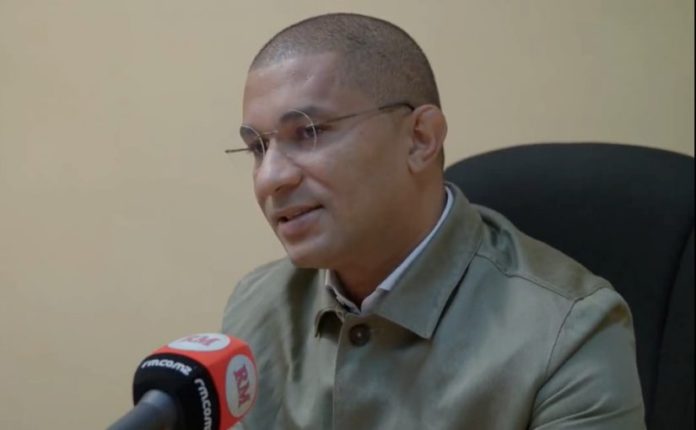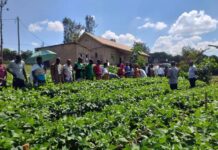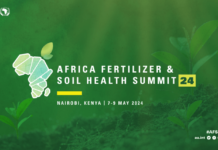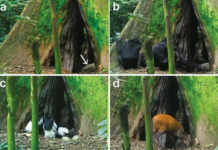Mozambique’s Minister of Agriculture and Rural Development, Celso Correia says he considers research a priority in the country in order to accelerate the transformation of the agricultural sector on a national scale.
“Research is the heart of the transformation of agriculture. Unfortunately, over recent decades, it was not possible to make the investment that we would like to make in research”, the minister said.
He said he believed that investing in research will allow the country to overcome the grain supply crisis.
One obvious possibility is to switch from imported grains to root crops, such as cassava, in which Mozambique is self-sufficient.
“In the past, we used to harvest five or six tonnes of cassava per hectare and we have started harvesting ten. It is our technology that has to be improved. It can make a difference in the agricultural sector″, he added.
The minister said it was, therefore, important to transfer technology and modernize agriculture, but without being totally dependent.
“It is very important to transfer technology and modernize agriculture. Mozambique needs to make a leap, but it has to be independent, we cannot be totally dependent on imported technology. We have to have our own”.
The minister said Mozambique had at least 300 trained researchers and more than 1 500 workers employed in research areas that need support and investment.
“We need to believe in these teams so that they can bring solutions from maize, cassava, soy, and sunflower. All crops that in other countries are obtained with very high profitability and productivity.”
The governor mentioned that the world and the country are under pressure due to the Russian invasion of Ukraine that may affect the supply of some products that Mozambique imports from the Black Sea area such as wheat and sunflower oil.
On the Russia/Ukraine war the minister commented: “Vegetable oil, for example, went from 800 dollars a tonne to 1,800 dollars. Rice also had a jump but not as big as oil, but significant, and so did wheat. Therefore, there is a need to relieve this pressure, Mozambique must continue to produce and intensify all production programmes”.









